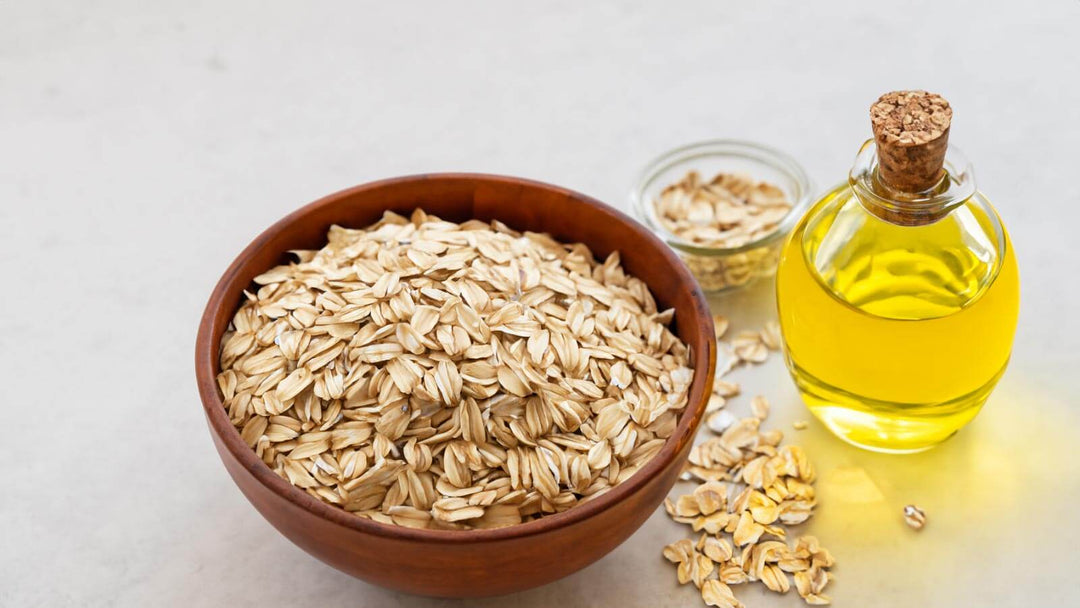How does pregnancy affect psoriasis? It's a question that many expectant mothers with psoriasis often ask.
Psoriasis, a chronic skin condition causing red, scaly patches, is influenced by pregnancy, a unique phase in a woman's life. Hormonal changes during pregnancy can have both positive and negative effects on psoriasis, and each woman's experience is different.
In this article, we'll explore the connection between pregnancy and psoriasis, discuss how hormonal changes impact the condition, and provide tips for managing psoriasis during pregnancy based on expert advice and research.
Quick Links
- The Connection Between Pregnancy and Psoriasis
- Impact of Hormonal Changes on Psoriasis
- Managing Psoriasis During Pregnancy
- FAQs about Pregnancy and Psoriasis
- Conclusion
The Connection Between Pregnancy and Psoriasis
During pregnancy, the body undergoes significant hormonal changes, and these changes can impact various health conditions, including psoriasis. Research suggests that pregnancy may either improve or worsen psoriasis symptoms depending on individual factors and responses.
One possible explanation for this phenomenon lies in the fluctuating hormone levels, particularly estrogen and progesterone. These hormones play a vital role in modulating the immune system and inflammatory responses, affecting psoriasis differently in each woman.
Impact of Hormonal Changes on Psoriasis

The influence of hormonal changes during pregnancy on psoriasis can be quite complex. For some women, the increased levels of estrogen during pregnancy may lead to a reduction in psoriasis symptoms. Estrogen possesses anti-inflammatory properties, which can help alleviate skin inflammation and redness associated with psoriasis.
Conversely, some pregnant women may experience the opposite effect, where psoriasis worsens during pregnancy. The reasons for this are not entirely understood, but it's believed that the immune system's response to hormonal fluctuations may trigger psoriasis flare-ups in susceptible individuals.
Managing Psoriasis During Pregnancy
If you're pregnant and dealing with psoriasis, effectively managing your condition is essential for your well-being and that of your baby. Here are some tips to help you navigate pregnancy with psoriasis:
1. Consult Your Dermatologist and Obstetrician
Before planning a pregnancy or if you become pregnant, it's essential to consult both your dermatologist and obstetrician. A collaborative approach involving both specialists will ensure a tailored management plan that prioritizes safe and effective psoriasis treatment while considering the health of your developing baby.
2. Topical Treatments
In cases of mild to moderate psoriasis, topical treatments are often the first line of defense during pregnancy. These treatments include topical corticosteroids, moisturizers, and emollients. Your dermatologist can recommend suitable products and provide guidelines on their safe usage during pregnancy.
3. Phototherapy
Phototherapy, or light therapy, is another treatment option for psoriasis. Narrowband UVB phototherapy is considered safe during pregnancy and can help alleviate psoriasis symptoms without harming the fetus. However, the treatment duration and intensity may need to be adjusted based on individual circumstances.
4. Avoid Certain Medications
Certain medications used to treat psoriasis, such as methotrexate, retinoids, and biologic agents, are not safe during pregnancy and should be avoided. These medications may cause birth defects or harm the developing baby.
5. Stress Management
Stress is a known trigger for psoriasis flare-ups. Pregnancy itself can be a stressful period, so finding healthy ways to manage stress is crucial. Consider practices such as mindfulness, yoga, or meditation to help keep stress levels in check.
6. Healthy Diet
Maintaining a well-balanced and nutritious diet is essential for overall health and may have a positive impact on psoriasis symptoms. Including plenty of fruits, vegetables, whole grains, and omega-3 fatty acids in your diet can support your immune system and skin health.
7. Stay Hydrated
Drinking an adequate amount of water is crucial for keeping your skin hydrated and preventing dryness, which can aggravate psoriasis symptoms. Aim for at least 8-10 glasses of water per day.
FAQs about Pregnancy and Psoriasis

Q: Can I pass psoriasis on to my child during pregnancy?
A: While psoriasis does have a genetic component, the risk of passing it on to your child is relatively low. However, it's essential to be aware of any signs or symptoms of psoriasis in your child and seek medical attention if necessary.
Q: Will breastfeeding worsen my psoriasis?
A: Breastfeeding generally does not worsen psoriasis. In some cases, breastfeeding may even reduce psoriasis symptoms due to the hormonal changes associated with lactation. (Source: PubMed Central)
Q: Can psoriasis affect fertility?
A: Psoriasis itself does not directly affect fertility. However, the stress and emotional burden of living with psoriasis may have an impact on fertility in some individuals. Seeking emotional support and stress management strategies can be helpful.
Q: Are there any natural remedies for psoriasis during pregnancy?
A: While some natural remedies may provide relief from mild psoriasis symptoms, it's crucial to consult your healthcare provider before using any alternative treatments during pregnancy. Natural remedies such as aloe vera, oatmeal baths, and coconut oil may help soothe the skin, but their safety during pregnancy varies.
Q: Can psoriasis flare-ups harm my baby during pregnancy?
A: Psoriasis flare-ups are generally not harmful to the baby. However, it's essential to manage your psoriasis effectively to minimize discomfort and maintain overall well-being.
Q: Will my psoriasis go away after pregnancy?
A: Psoriasis symptoms may improve, worsen, or stay the same after pregnancy. Every woman's experience is unique. It's essential to continue managing your psoriasis and working closely with your healthcare providers for the best possible outcome.
Conclusion
Pregnancy is a remarkable journey filled with joy and anticipation. For expectant mothers with psoriasis, understanding how pregnancy affects the skin condition is vital for making informed decisions about treatment and self-care. Hormonal changes during pregnancy can influence psoriasis symptoms, but a proactive approach to management can help minimize discomfort and ensure a safe pregnancy journey.
Remember, each woman's experience with psoriasis during pregnancy is unique. By consulting with your dermatologist and obstetrician, adhering to a tailored management plan, and taking care of your overall well-being, you can navigate through this phase with confidence and optimism. Embrace the beauty of motherhood while managing psoriasis effectively.







